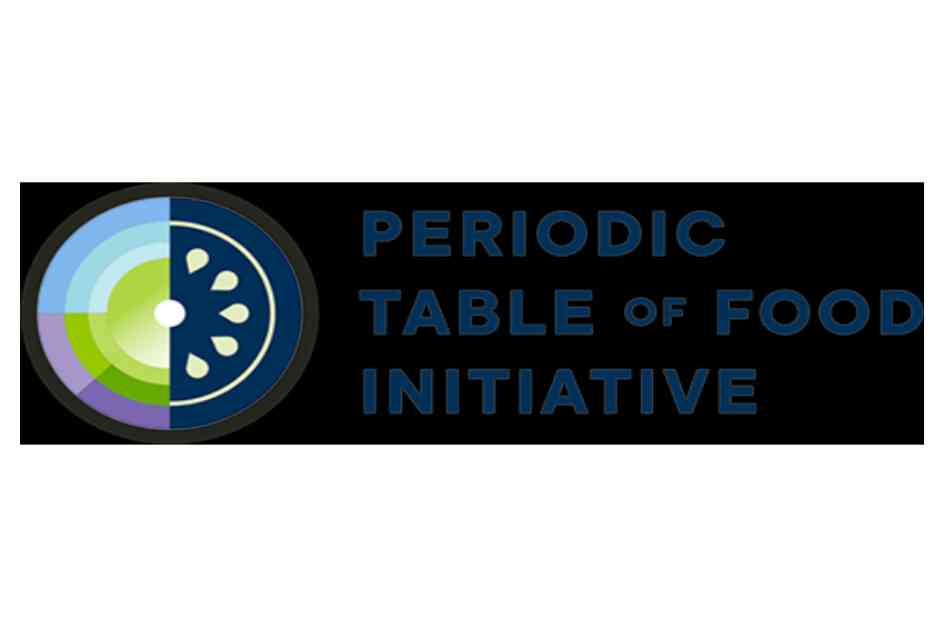The American Heart Association is marking its 100th year of service by launching a groundbreaking scientific research contest focused on analyzing new food data. This initiative, in partnership with the Alliance of Bioversity and the Center for Tropical Agriculture (CIAT), aims to advance our understanding of the molecular components of foods and how they contribute to overall health and well-being.
The Periodic Table of Food Initiative (PTFI) is at the heart of this data challenge, offering a comprehensive database that provides detailed profiles of the biomolecules in various foods from around the world. By leveraging cutting-edge analysis techniques such as bioinformatics and mass spectrometry, researchers will be able to identify biologically active molecules in food and explore their potential health benefits.
One of the key objectives of this research contest is to identify foods that offer a diverse range of components associated with lower disease risk. By analyzing the relationships between specific food components and factors like sleep and blood pressure, scientists hope to uncover new insights into how diet influences health outcomes. Additionally, researchers will explore the potential of certain foods to replace nutrient supplements for individuals with deficiencies.
In order to facilitate collaboration and knowledge sharing, the American Heart Association has developed an open-access platform within the Precision Medicine Platform. This cloud-based system enables researchers to access and analyze the data from the PTFI database securely from any location in the world. The winning project in this data challenge stands to receive a cash prize of $20,000 USD, providing a significant incentive for scientists to participate.
Participants are encouraged to bring their own data to complement the information from the PTFI database. By integrating external datasets, researchers can enhance the depth and breadth of their analysis, leading to more comprehensive findings. Potential topics for investigation include factors influencing the diversity and quantity of food components, as well as the potential health benefits associated with specific foods.
To support the dissemination of research findings, finalists have the opportunity to present their work at scientific conferences hosted by the American Heart Association or other clinical events. This exposure not only highlights the innovative research being conducted but also fosters collaboration and knowledge exchange within the scientific community.
The American Heart Association emphasizes transparency and integrity in its funding sources, with a commitment to ensuring that relationships with donors do not influence scientific content. By maintaining strict policies and guidelines, the Association upholds its dedication to advancing health and well-being through rigorous research and evidence-based practices.
As part of the Centennial celebrations, the Association is hosting online information sessions to provide further details about the data challenge and encourage participation from researchers worldwide. These webinars offer a valuable opportunity for scientists to learn more about the initiative, ask questions, and connect with like-minded professionals in the field of food science and health research.
In conclusion, the American Heart Association’s scientific research contest presents a unique opportunity for researchers to delve into the molecular complexities of food and its impact on health. By leveraging the wealth of data available through the Periodic Table of Food Initiative, scientists can uncover new insights that have the potential to revolutionize our understanding of nutrition and disease prevention. Through collaboration, innovation, and a commitment to scientific excellence, this initiative embodies the spirit of discovery and advancement that defines the Association’s legacy of health promotion and disease prevention.


















